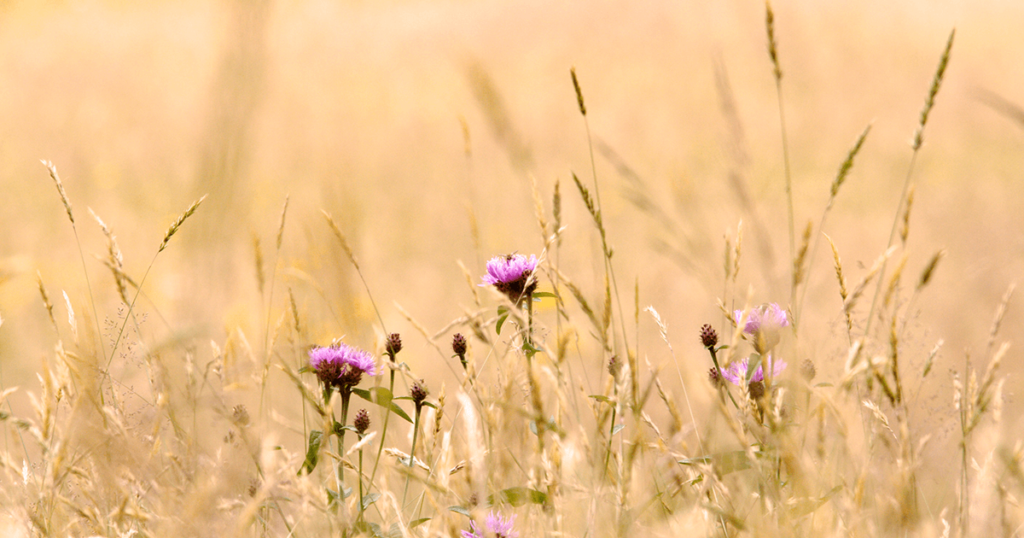
To welcome the new year, I turn to May Swenson and her poem “Four-Word Lines” for a prompt that I enjoy doing. Swenson’s poem explains itself and its procedures better than a paraphrase:
Your eyes are just
like bees, and I
feel like a flower.
Their brown power makes
a breeze go over
my skin. When your
lashes ride down and
rise like brown bees’
legs, your pronged gaze
makes my eyes gauze.
I wish we were
in some shade and
no swarm of other
eyes to know that
I’m a flower breathing
bare, laid open to
your bees’ warm stare.
I’d let you wade
in me and seize
with your eager brown
bees’ power a sweet
glistening at my core.
“The poem is breathtaking,” the writer Sharon Preiss observes. “The precise and compact ‘four-word lines’ move the poem ‘forward,’ yet the form forces line breaks that slow the reader down so that she can revel in the mellifluous aural flow of the poem. The sound of longing that the interlinked long i’s and e’s create in the first few lines then floats down and through the lilting feeling of relief the double f and l sounds create in ‘feel like a flower.’”
To which I would add that the music of the poem has something to do with the magnificent use of monosyllables (“ride down and / rise like brown bees’ / legs”), the near-rhymes (“gaze” and “gauze”), and the way alliteration serves as the transition between rhyme words (“bare, laid open to / your bees’ warm stare”).
Limiting yourself to a maximum of 14 four-word lines can’t help but promote compactness and terseness as virtues. But there are also other bonuses: when lines are so short, the line break can have make-or-break power and words of one syllable can pack a punch.
Any subject will do. Though there must be a strong temptation to write intimately in the May Swenson manner, I think that the cerebral, no less than the sensual, would lend itself to the four-word-per-line treatment.

